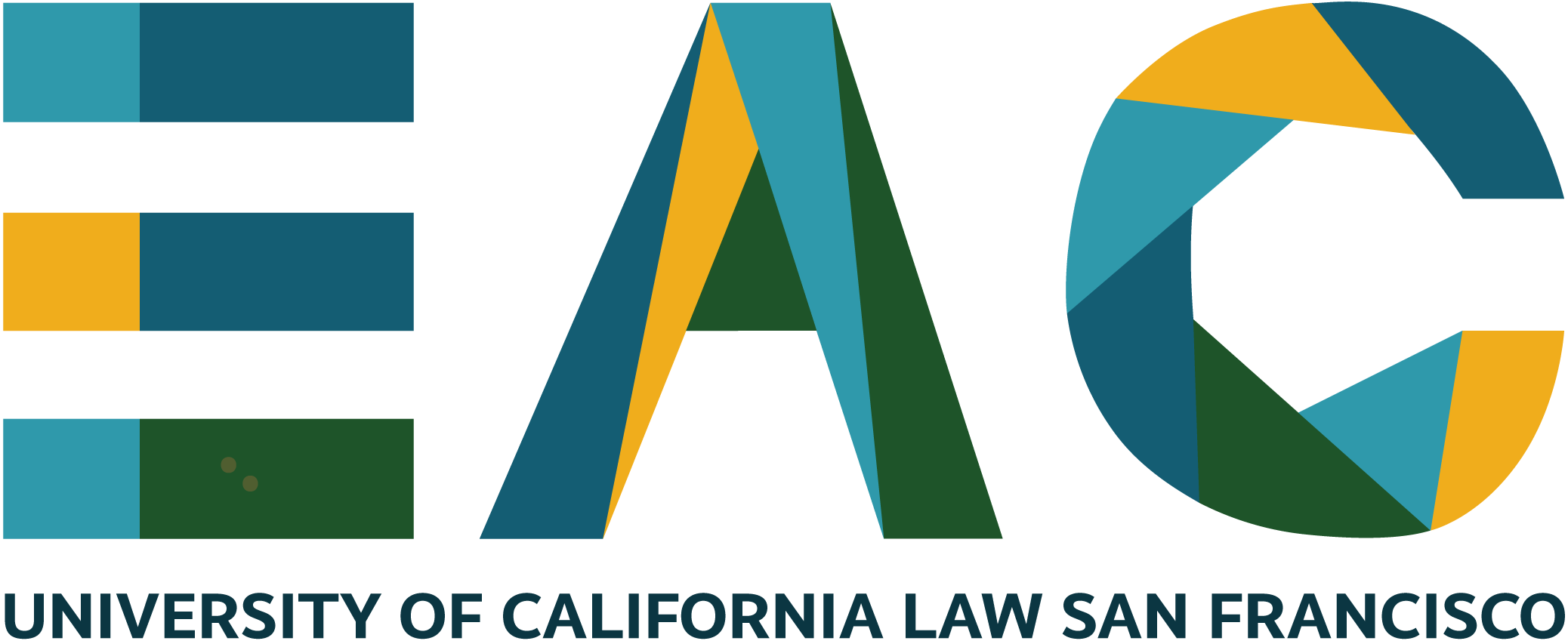Today the Equal Employment Opportunity Commision (EEOC) released their much anticipated regulations implementing the Pregnant Worker Fairness Act (PWFA). The Center for WorkLife Law applauds the EEOC for providing a strong interpretation of the law that both protects millions of workers and provides clear guidance for employers.
Before PWFA became law, pregnant workers were routinely denied temporary accommodations they needed to maintain a healthy pregnancy and protect their wellbeing. WorkLife Law’s stance has always been the same: pregnant and postpartum workers should never be forced to choose between a paycheck and their health and safety. Now, with the clarity and guidance provided by the new regulations, workers won’t have to make that impossible decision and can benefit from reasonable changes at work regardless of typical employer policies.
“We commend the EEOC for issuing a comprehensive rule that gives employers the guidance they need to effectively meet their new legal obligations,” said WorkLife’s incoming Co-Director Liz Morris. “In passing the Pregnant Workers Fairness Act, Congress recognized that no one should lose their job because they are pregnant or had a baby. The EEOC’s strong regulations will ensure that the law’s momentous purpose becomes reality for the millions of workers it protects.”
In keeping with the law’s intended purpose, the EEOC explained in the new regulations that PWFA protections cover a broad range of pregnancy-related symptoms and conditions–such as morning sickness and fatigue. Likewise, employees may request changes at work to avoid increased risk or pain associated with pregnancy and childbirth. Employees who need changes at work due to lactation, abortion, menstruation, and infertility also have protections under PWFA. Ultimately, these protections will enable more workers to earn an income to support their families without being forced to sacrifice their reproductive health.
“The Pregnant Workers Fairness Act is transforming the American workplace,” said WorkLife Law’s incoming Co-Director Jessica Lee. “We’re grateful to the EEOC for enacting these regulations which will give employers and employees a roadmap on how to protect the health and wellbeing of pregnant and postpartum workers while getting their job done.”
WorkLife Law experts are particularly pleased to see that the common sense regulations:
- Emphasize that leave for pregnancy and recovery from childbirth must be provided to employees under the Pregnant Workers Fairness Act, even for those who are ineligible for FMLA. This will be a tremendous relief for the nearly half of all Americans who do not meet the FMLA’s strict eligibility requirements.
- Incentivize employers to respond quickly to pregnancy accommodation requests, which often require a prompt response to protect an employee’s health, as well as place reasonable limits on the private health information employers can ask for.
- Highlight the ways that the PWFA was designed to give workers broader rights to accommodation and leave than companies have been historically accustomed to providing under laws like the Family and Medical Leave Act and the Americans with Disabilities Act. The EEOC’s detailed guidance will equip employers with the information they need to update their policies and practices to avoid unnecessary litigation.
The Center for WorkLife Law is an advocacy and research organization affiliated with the University of California College of the Law, San Francisco, that serves as a leading voice on the new Pregnant Workers Fairness Act. WorkLife Law is proud to be on the ground implementing these historic new civil rights and is committed to ensuring protections reach the workers who need them most. Right now, more information about the law and materials for workers, healthcare providers, employers, and attorneys are available at WorkLife Law’s Pregnant @ Work resource hub. Employees with questions about their legal rights may call WorkLife Law’s free, confidential helpline for support at (415) 703-8276 or hotline@worklifelaw.org.
